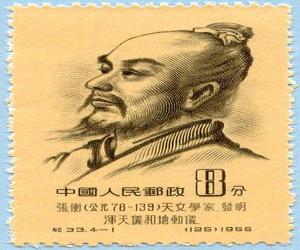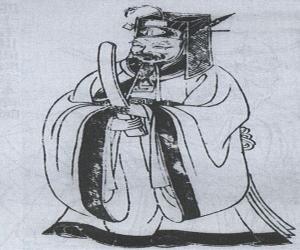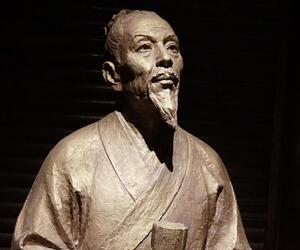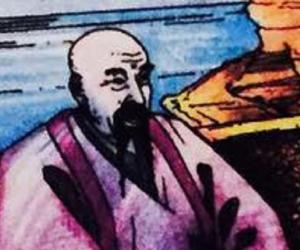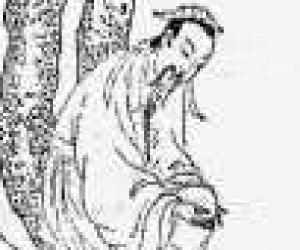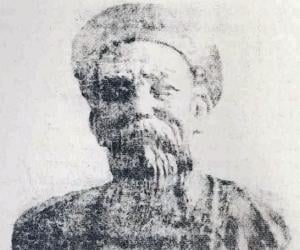1
Xu Guangqi
(Ming Dynasty Official and One of the Most Prominent Chinese Converts to Christianity)
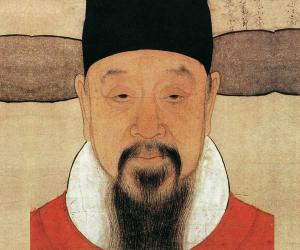
15
3
Birthdate: April 24, 1562
Sun Sign: Taurus
Birthplace: Shanghai, Songjiang, Southern Zhili, China
Died: November 8, 1633
Xu Guangqi was a prominent figure during the Ming dynasty known for his contributions as an agronomist, astronomer, mathematician, politician, and writer. Appointed by the Chinese Emperor in 1629, he led the Shixian calendar reform with the assistance of Jesuits. Xu collaborated with Jesuits like Matteo Ricci and Sabatino de Ursis in translating Western texts into Chinese, including parts of Euclid's Elements. He authored the Nong Zheng Quan Shu, a significant treatise on agriculture, and played a key role in the development of Chinese Catholicism.
